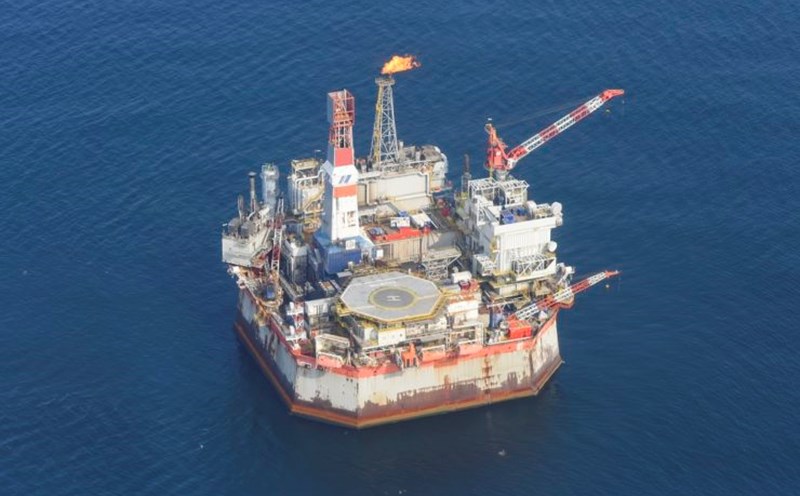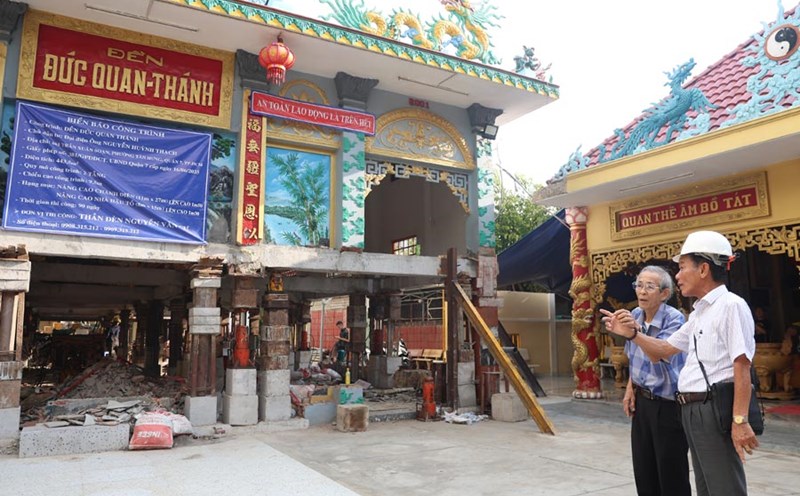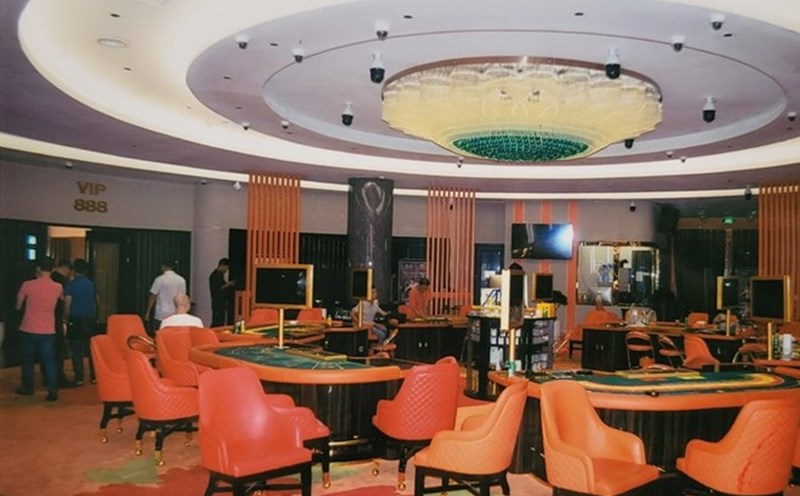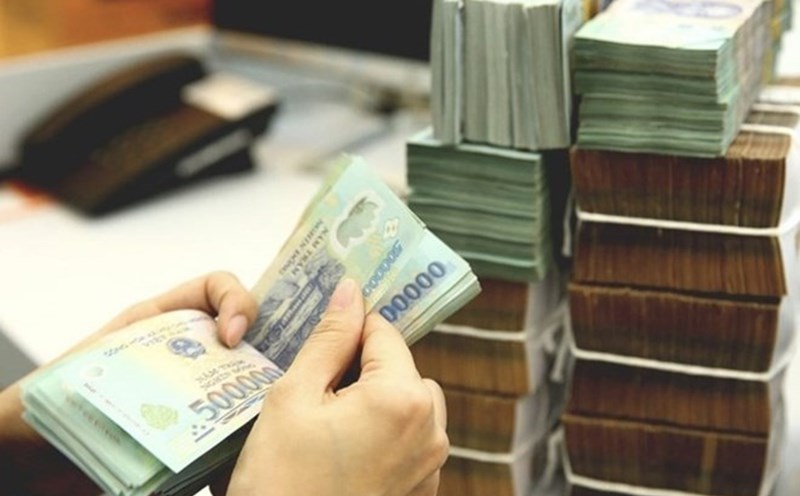According to RIA Novosti news agency, Egypt's Suez Canal Management Agency (SCA) is expressing its desire to sign a direct cooperation agreement with Russia. Although the two countries have a large-scale cooperation project in the Suez Canal Economic Zone (SCEZ), there is currently no official connection between Moscow and the main artery of this canal itself.
SCA President Osama Rabie confirmed to RIA: We hope to reach such an agreement, referring to the desire to promote direct cooperation between Russia and the Suez Canal Authority a step that could change the landscape of international shipping.
Since 2018, Russia and Egypt have signed a project to establish a Russian Industrial Park on an area of over 5.2 million square meters in the SCEZ area at the eastern port of Port Said. The project has a symbolic name: " Sun City".
Expected to be completed in 13 years, Sun City is expected to be a strategic industrial production hub of Russia in the Middle East and Africa, focusing on industries such as automobiles, pharmaceuticals, oil and gas, mining and nuclear technology.
Not only a symbol of cooperation, this industrial park is also an "investment magnet" with an expected capital of about 4.6 billion USD and the ability to create 35,000 jobs. This is accompanied by a series of outstanding tax incentives that Egypt offers to Russian enterprises.
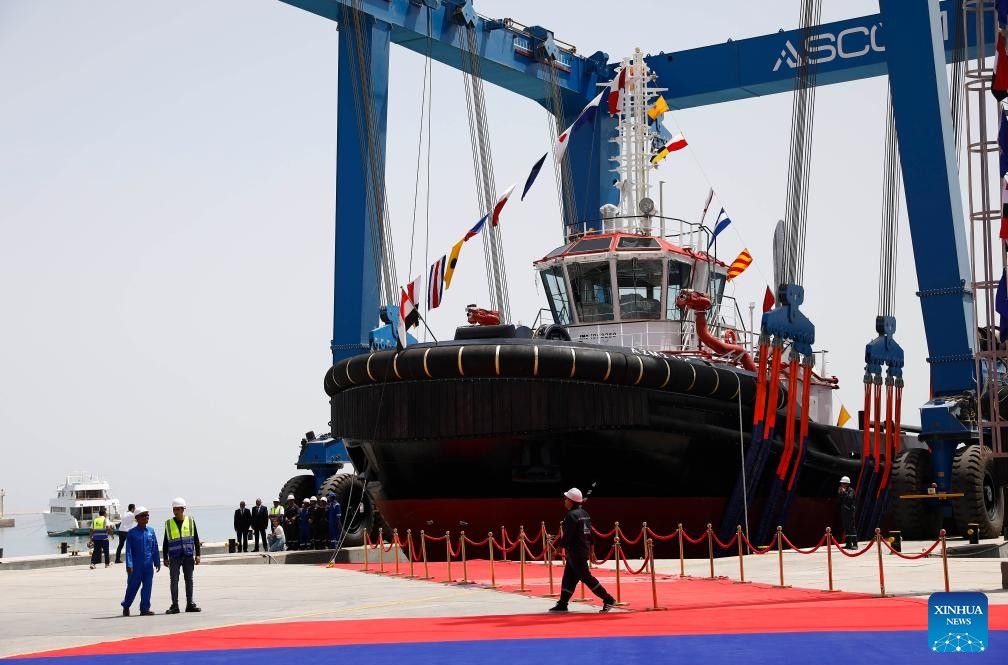
The desire of Egypt - a new member of BRICS from 2024 - to start a deeper hand with Russia is not simply a bilateral relationship, but also part of this rising economic bloc's global rotation strategy.
BRICS, which originally included Brazil, Russia, India, China and South Africa, has now expanded to Egypt, Iran, the UAE, Ethiopia and Indonesia. Russian President Vladimir Putin has said that BRICS is now ahead of the G7 in GDP in terms of purchasing power parity.
In the context of the West still dominating international trade and financial routes, the linkage between BRICS members, especially through strategic infrastructure such as the Suez Canal, shows a new economic order gradually taking shape.
The 193km long Suez Canal connecting the Mediterranean Sea with the Red Sea carries about 12-15% of total global cargo, accounting for 30% of containers, 9% oil and 8% LNG transported by sea.
Any change in ownership, control or policy structure at Suez could impact the global supply chain. Egypt's proactive opening of the door deeper to Russia is a clear message that the country is seeking to take on the role of a "strateching transit station" between the East - West, North - South.


